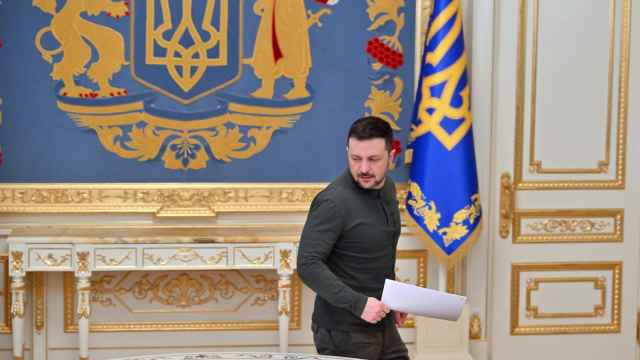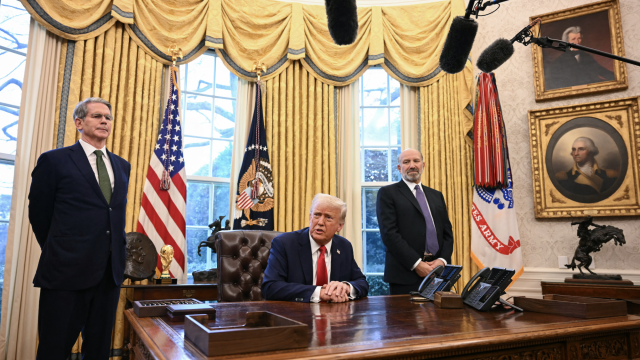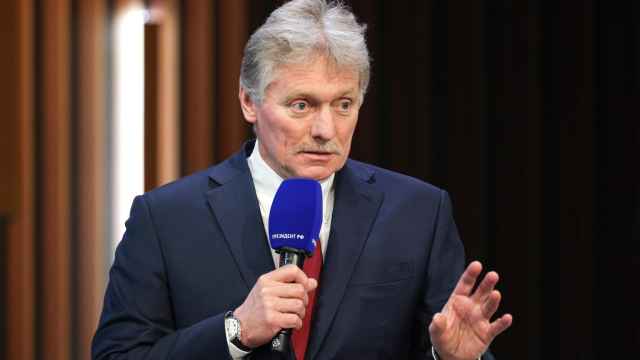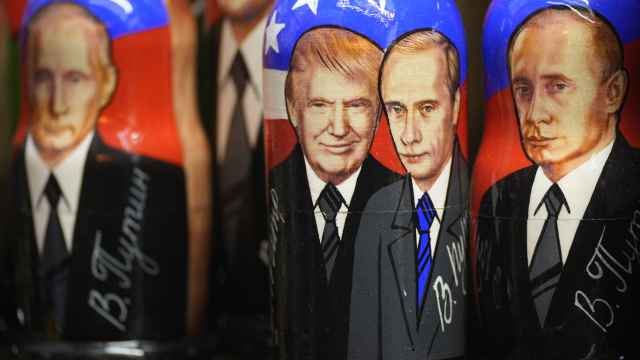Russia on Thursday pointed to the storming of the U.S. Capitol building as evidence of America's decline, with officials saying its out-of-date electoral system and deep divisions had left its democracy "limping on both feet".
Under banners reading "Storm of the Capitol" and "Chaos in Washington", Russian state television showed rolling images of mobs of Donald Trump supporters breaking down barricades and swarming the Congress building on Wednesday, as security forces fired tear gas and police drew guns inside.
Congress formally certified Joe Biden as the next president despite the unrest, but many in Moscow said the stunning events had exposed America's democratic failings.
"The electoral system in the United States is archaic, it does not meet modern democratic standards ... and the American media have become an instrument of political struggle," foreign ministry spokeswoman Maria Zakharova told Russian news agencies.
"This is largely the reason for the split in society now observed in the United States."
Moscow has long bristled at U.S. criticism of the state of Russian democracy under President Vladimir Putin, accusing Washington of hypocrisy and condescension.
'Rock bottom'
Often echoing the kind of language used against Russia, officials said on Thursday that the United States was no longer in any position to lecture other countries on freedom and democracy.
"The losing side has more than enough grounds to accuse the winner of falsifications — it is clear that American democracy is limping on both feet," Konstantin Kosachyov, the chair of the Russian upper house's foreign affairs committee, said in a post on Facebook.
"The celebration of democracy has ended. It has, unfortunately, hit rock bottom, and I say this without a hint of gloating.
"America no longer charts the course and so has lost all right to set it. And, even more so, to impose it on others."
The Kremlin has itself been accused of fostering U.S. divisions with a campaign of interference and disinformation, including alleged attempts to disrupt the 2016 election in Trump's favour that prompted an FBI investigation.
With Russians celebrating Orthodox Christmas there was no reaction to the events in Washington from the Kremlin.
But pro-Kremlin lawmakers jumped on the unrest.
"The United States certainly cannot now impose electoral standards on other countries and claim to be the world's 'beacon of democracy'," the foreign affairs chief in the lower house, Leonid Slutsky, told Russian news agencies.
He said Washington was suffering after having promoted "color revolutions" around the world, like anti-Moscow uprisings in Ukraine and Georgia and the recent protests in Belarus.
"The boomerang of the colour revolutions is turning back on the United States," Slutsky said. "All this threatens to turn into a crisis in the American system of power."
'Extremists' jibe
Others appeared to use the events to justify Moscow's domestic policies.
Anton Gorelkin, a lawmaker on the lower house telecommunications committee, praised Twitter and Facebook for suspending Trump's accounts, saying it showed the need to better control social media.
"Social networks must work under strict rules within a legal framework. Because absolute freedom of information is becoming a weapon in the hands of extremists," he said in a post on his Telegram channel.
The United States and other Western countries have repeatedly condemned Russia for moves to tighten controls on social media.
Washington has been a fierce critic of moves by Putin to clamp down on dissent, most recently accusing Russia of "intensifying repression of its civil society" with a new law last month expanding rules against NGOs and media considered foreign agents.
Moscow says the United States cynically uses such claims to pursue its agenda and maintain its global position.
Tensions between the Cold War-era rivals have hit new highs in recent years, with a raft of U.S. sanctions imposed on Russian officials, disputes over arms control treaties and American accusations of major Russian hacking attacks.
A Message from The Moscow Times:
Dear readers,
We are facing unprecedented challenges. Russia's Prosecutor General's Office has designated The Moscow Times as an "undesirable" organization, criminalizing our work and putting our staff at risk of prosecution. This follows our earlier unjust labeling as a "foreign agent."
These actions are direct attempts to silence independent journalism in Russia. The authorities claim our work "discredits the decisions of the Russian leadership." We see things differently: we strive to provide accurate, unbiased reporting on Russia.
We, the journalists of The Moscow Times, refuse to be silenced. But to continue our work, we need your help.
Your support, no matter how small, makes a world of difference. If you can, please support us monthly starting from just $2. It's quick to set up, and every contribution makes a significant impact.
By supporting The Moscow Times, you're defending open, independent journalism in the face of repression. Thank you for standing with us.
Remind me later.






